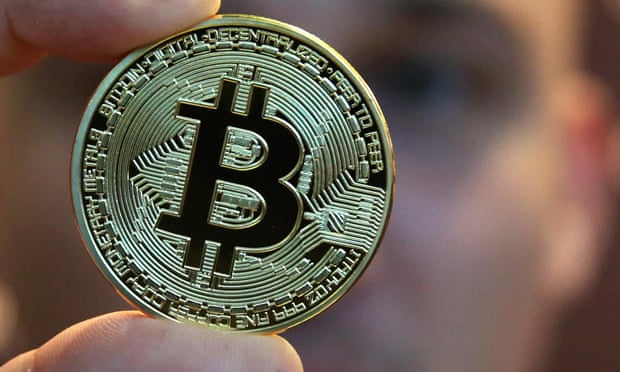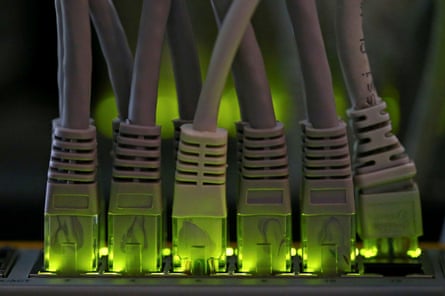Tesla has suspended customers’ use of bitcoin to purchase its vehicles, Elon Musk said on Wednesday, citing concerns about the use of fossil fuel for bitcoin mining.
Bitcoin, the world’s biggest digital currency, fell almost 17% after the tweet to its lowest point since the beginning of March. It recovered slightly in Asian trading but was still off 12% at $50,933 early on Thursday morning.
Musk said Tesla would not sell any bitcoin, and intends to use bitcoin for transactions as soon as mining transitions to more sustainable energy.
“We are also looking at other cryptocurrencies that use <1% of bitcoin’s energy/transaction,” Musk said.
Tesla & Bitcoin pic.twitter.com/YSswJmVZhP
— Elon Musk (@elonmusk) May 12, 2021
Musk said in March that Tesla customers can buy its electric vehicles with bitcoin.
The digital currency is created when high-powered computers compete against other machines to solve complex mathematical puzzles, an energy-intensive process that currently often relies on electricity generated with fossil fuels, particularly coal.
At current rates, such bitcoin “mining” devours about the same amount of energy annually as the Netherlands did in 2019, the latest available data from the University of Cambridge and the International Energy Agency shows.
Q&AWhat is cryptocurrency?
Show

Cryptocurrencies are an alternative way of making payments to cash or credit cards. The technology behind it allows the ‘money’ to be sent directly to others without it having to pass through the banking system. For that reason they are outside the control of governments and are unregulated by financial watchdogs – and transactions can be made in a way that keeps you reasonably pseudonymous.
If you own a crypto-asset you control a secret digital key that you can use to prove to anyone on the network that a certain amount of that asset is yours. If you spend it, you tell the entire network that you have transferred ownership of it, and use the same key to prove that you are telling the truth. Over time, the history of all those transactions becomes a lasting record of who owns what: that record is called the blockchain.
Bitcoin was one of the first and biggest cryptocurrencies and has been on a wild ride since its creation in 2009, sometimes surging in value as investors have piled in – and recently crashing back down.
Sceptics warn that the lack of central control make crypto-assets ideal for criminals and terrorists, while libertarian monetarists enjoy the idea of a currency with no inflation and no central bank.
The whole concept of cryptocurrencies has been criticised for its ecological impact, with "mining" for new coins requiring vast energy reserves and the associated carbon footprint of the whole system.
Richard Partington and Martin Belam
Tesla revealed in February it had bought $1.5bn of bitcoin, before it began accepting it as payment for cars in March, driving a roughly 20% surge in the world’s most widely held cryptocurrency.
Musk on Wednesday said Tesla would not sell any bitcoin, and intends to use bitcoin for transactions as soon as mining transitions to more sustainable energy.
On Wednesday, Edward Moya, a senior market analyst at currency trading firm OANDA, said that Musk was getting ahead of investors focused on sustainability.
“The environmental impact from mining bitcoins was one of the biggest risks for the entire crypto market,” Moya said. “Over the past couple of months, everyone disregarded news that bitcoin uses more electricity than Argentina and Norway.”
Chris Weston, head of research at broker Pepperstone in Melbourne, said Musk’s reaction was a blow to bitcoin but an acknowledgement of the currency’s carbon footprint.
“Tesla has got an image of being environmentally friendly and bitcoin clearly is the opposite of that,” Weston said.

Musk himself is a strong believer in digital currencies while also advocating for clean technology.
“Cryptocurrency is a good idea on many levels and we believe it has a promising future, but this cannot come at great cost to the environment,” Musk said.
The dominance of Chinese bitcoin miners and lack of motivation to swap cheap fossil fuels for more expensive renewables could mean there are few quick fixes to the emissions problem.
Chinese miners account for about 70% of bitcoin production, data from the University of Cambridge’s Centre for Alternative Finance shows. They tend to use renewable energy – mostly hydropower – during the rainy summer months, but fossil fuels – primarily coal – for the rest of the year.
In theory, blockchain analysis firms say, it is possible to track the source of bitcoin, raising the possibility that a premium could be charged for green bitcoin. Stronger climate change policies by governments around the world might also help.
Some bitcoin proponents note that the existing financial system – with its millions of employees and computers in air-conditioned offices – uses large amounts of energy, too.
Musk has been a fan of other cryptocurrencies, firing off tweets this year that have made the once-obscure digital currency dogecoin well known. Musk said on Sunday that his commercial rocket company SpaceX will be accepting the meme-inspired cryptocurrency as payment to launch a lunar mission next year.
